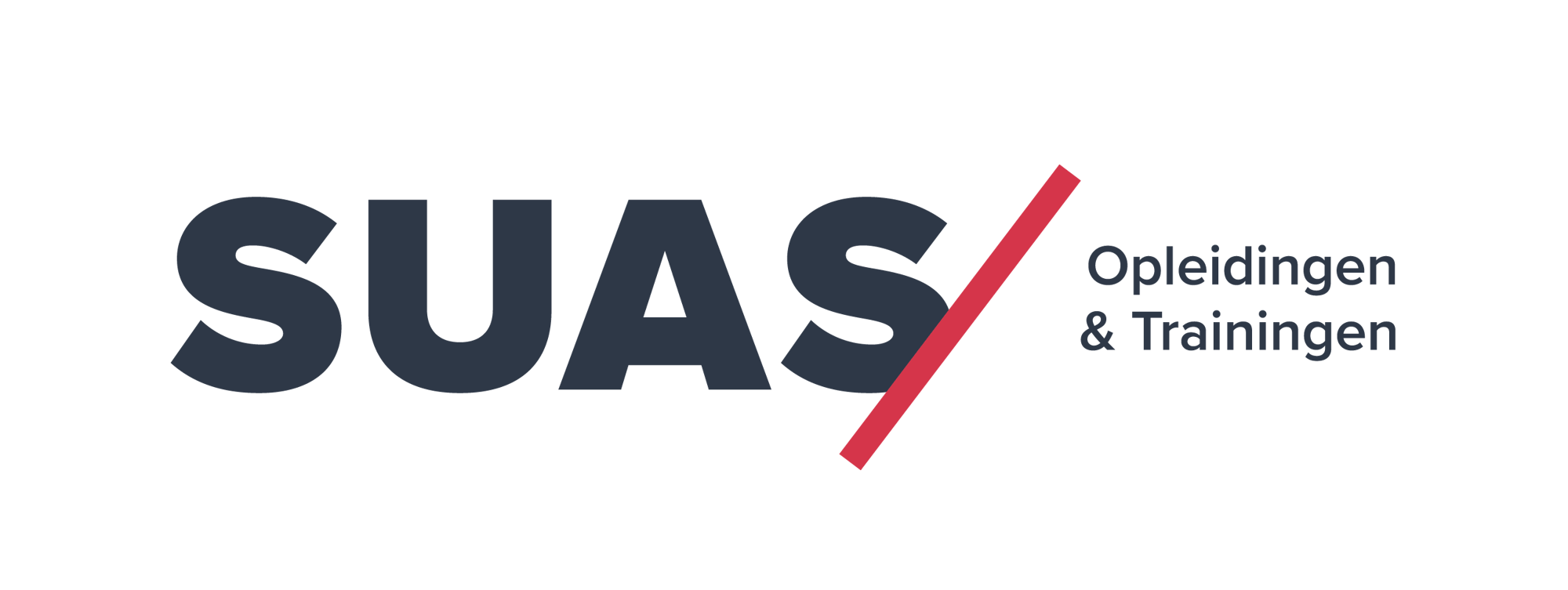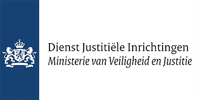And then the coronavirus came along…
As in many organizations, coronavirus put pressure on the happiness at work of employees at Rabobank. "We know this because we started pulse measurements early on in the crisis," says Schelle. "We study how employees feel physically, mentally, spiritually and socially. This revealed that employees working from home were starting to get more physical problems." The bank responded immediately with webinars about screen work and organizing other support. Because working from home is here to stay at Rabobank too.
Employees preferably want to spend two days working at the office and the rest of the week at home, according to the weekly survey. "This means that employees will need to build up new routines. Managers play an important role in this, as connectors and role models. As HR, we are now exploring what is necessary to provide good support to employees in the long term."
“We thought it was a nice coincidence that the Happiness at work week coincides with the National Vitality week. Vitality and work happiness are strongly related.”
Attention for well-being during the Happiness at Work Week
Rabobank developed an interactive weekly programme for Happiness at Work Week. "It was a 'happy' coincidence that Happiness at Work Week coincided with National Vitality Week. Vitality and happiness at work are closely related," says Schelle.
The digital program focuses on a different component of happiness at work every day.
Finally, Rabobank also uses the Happy Test. Employees use the Happy Test to check how happy they feel and related aspects in their work. This might include social support, development opportunities and work-life balance. After completing it, they immediately receive a feedback report with scores and tips to start working on their happiness at work. A nice supplement to the weekly program and a useful tool to help them take control of their happiness at work.












